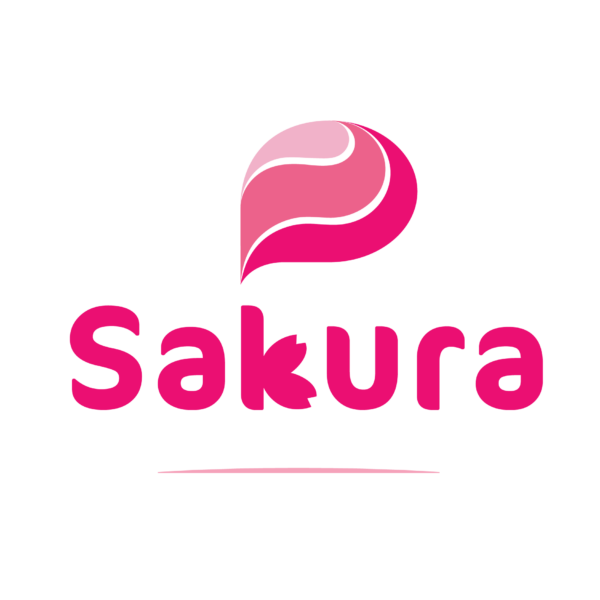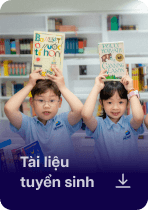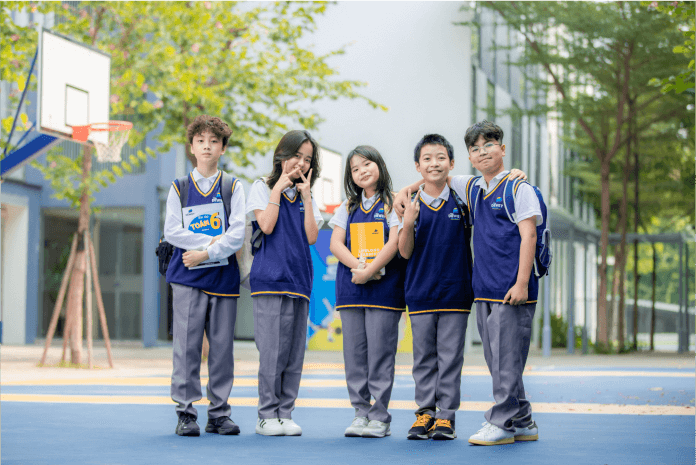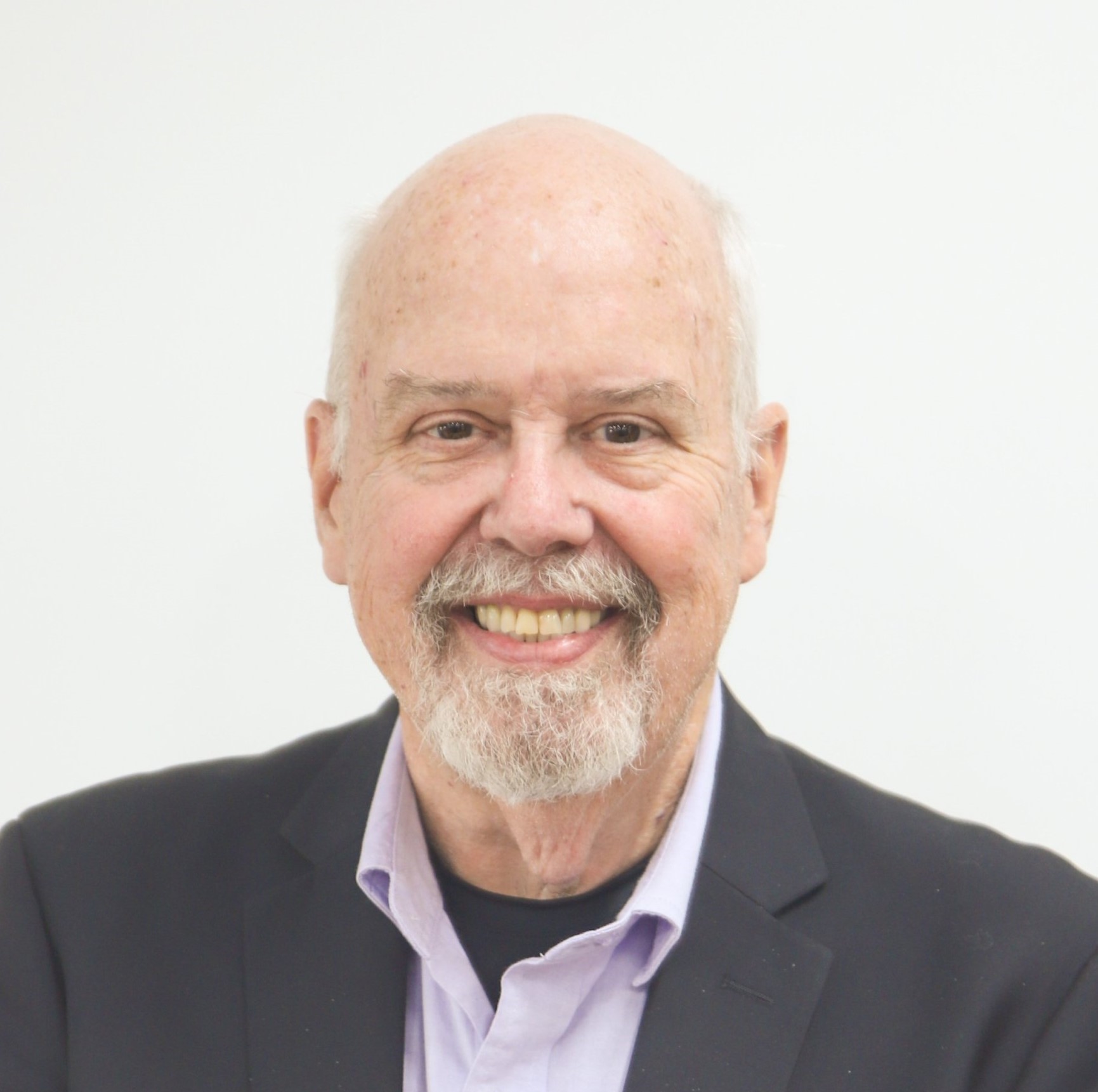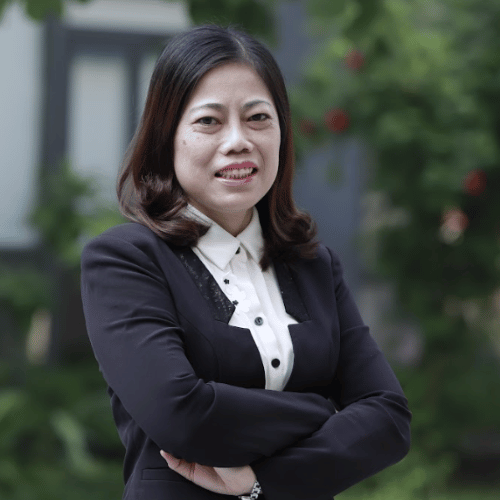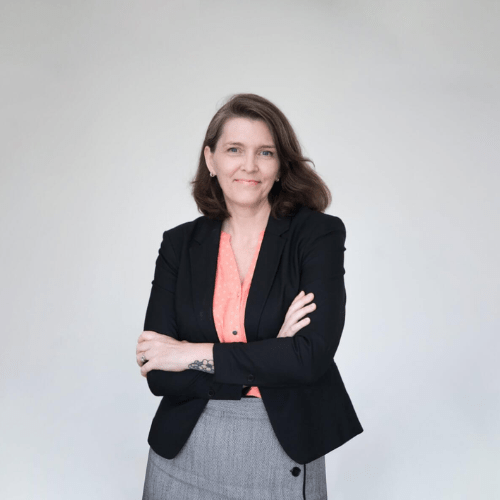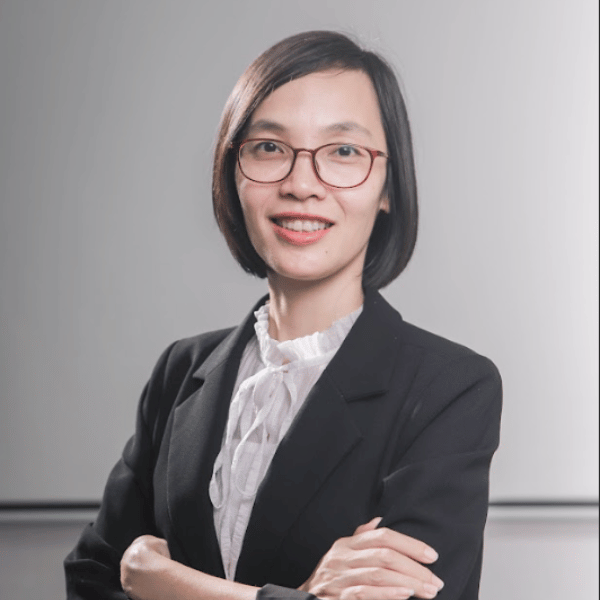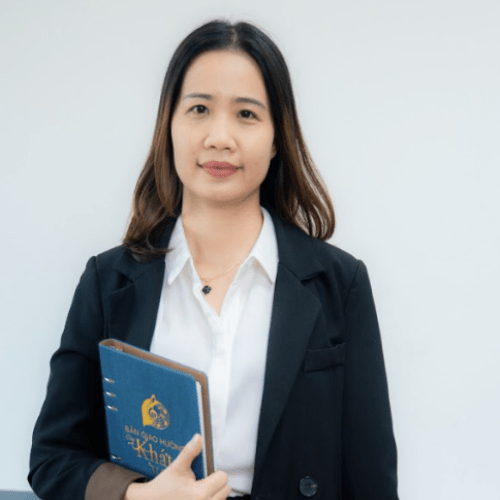At The Dewey Schools, Differentiated Instruction has created a dynamic and flexible learning environment, moving beyond the rigid traditional teaching methods. This approach allows teachers to tailor learning activities to meet the unique needs, abilities, and learning styles of each student. Every lesson becomes a creative playground, offering diverse and unique experiences that allow students to explore and develop themselves in their own way.
Last week, 9Lisbon students had an exciting Humanities lesson, where they collaborated to build ideas for a mini art museum and explore lighting techniques. Students were given the freedom to choose whether to represent Renaissance, Gothic, or Romanticism art movements through their museum designs.

Using two classroom strategies, Flexible Grouping and Station Rotation, the class was divided into four groups, with each group handling a crucial part of the project: from building museum concepts, sketching designs, to arranging lighting and decorating interiors. Throughout the lesson, the teacher moved between stations, offering timely feedback and support to each group. These are two common strategies in differentiated instruction.
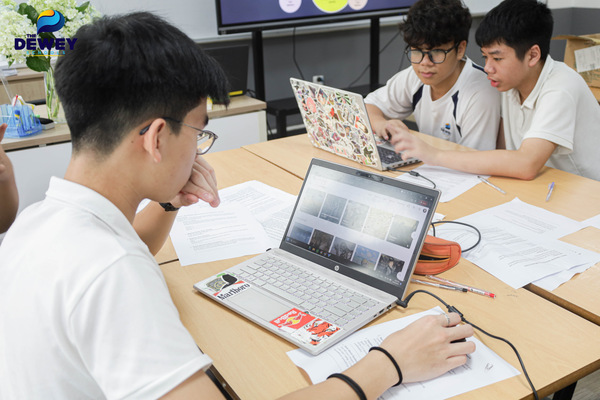
Mr. Diarmuid Patricia Kelly, the Humanities teacher, shared: “Grouping students with varying abilities, from high achievers to those who need more support, allows them to learn from one another. Higher-level students take on leadership roles, guiding and coordinating their group’s activities. This small-group model facilitates idea exchange while encouraging teamwork and constructive contributions.”
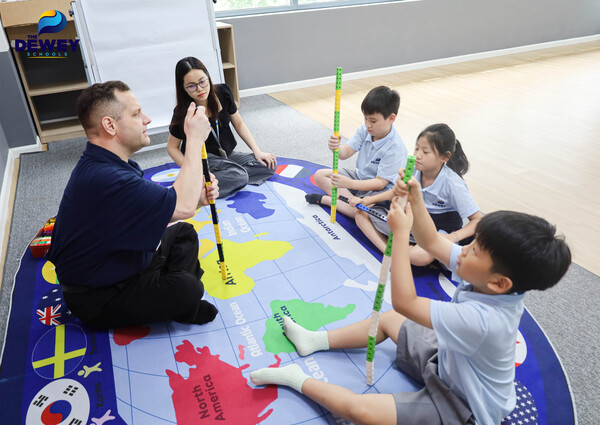
Mr. Diarmuid also remarked: “The station rotation strategy enables students to engage with diverse content in a single lesson, allowing them to discover and develop their strengths. Students who struggle with writing or communication can showcase their abilities through hands-on creative activities or research.”
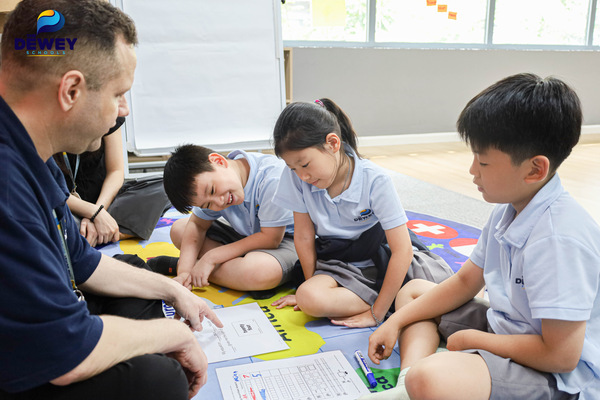
Meanwhile, 8Torun students were immersed in a lively discussion about the civil rights movement in America during the 1960s. Each group was tasked with designing posters to represent one of three key historical events: the Montgomery Bus Boycott (1955-1956), the 1960s sit-ins at restaurants, and the 1961 attacks on the Freedom Riders.
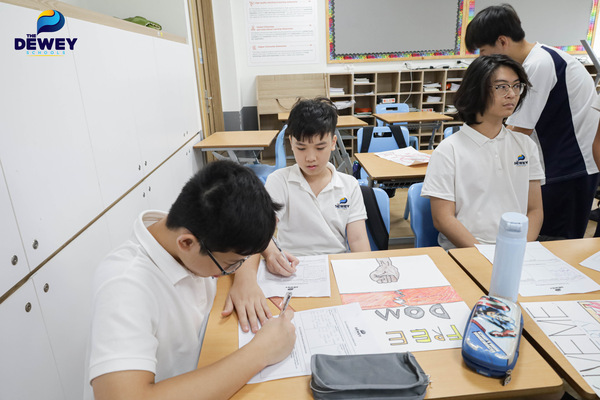
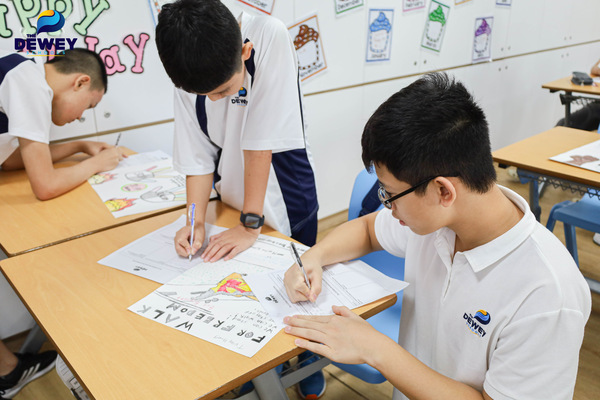
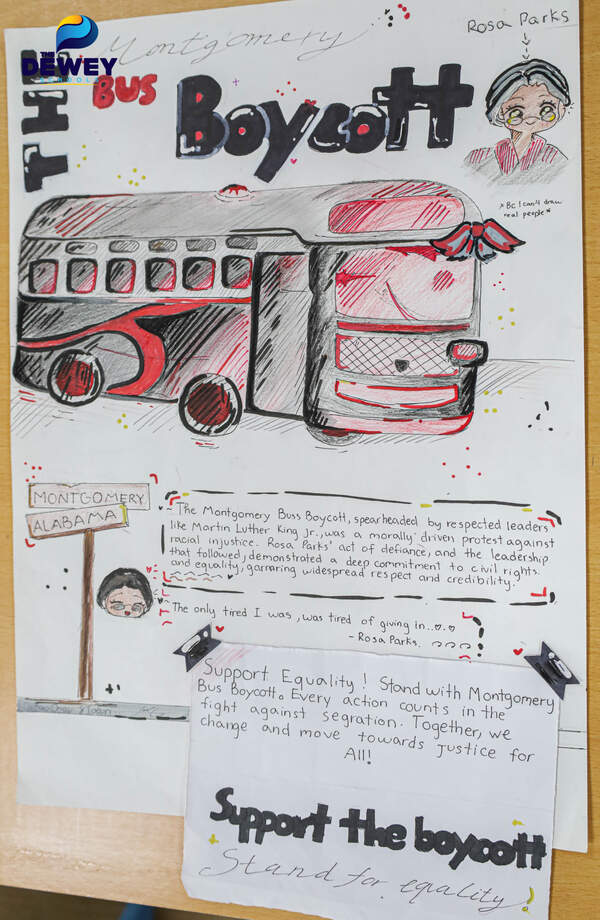
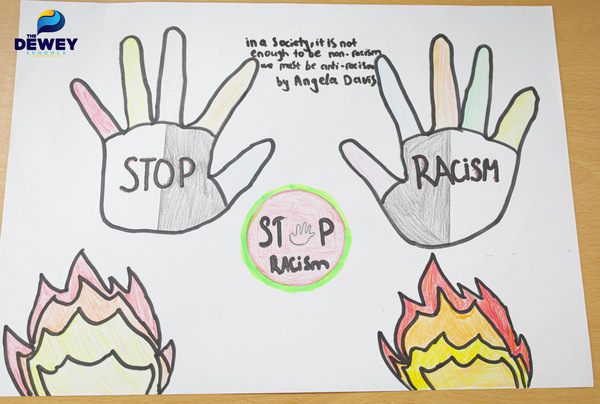
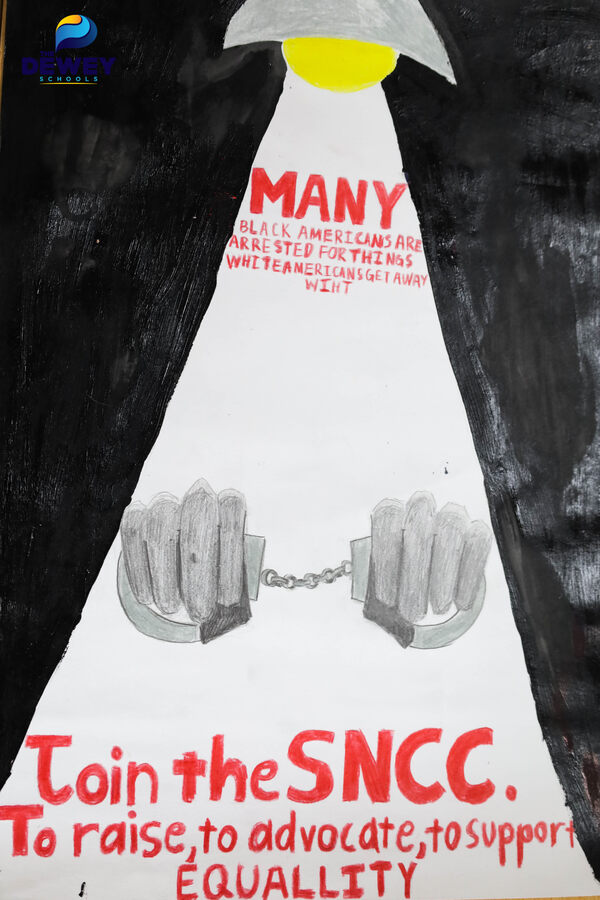

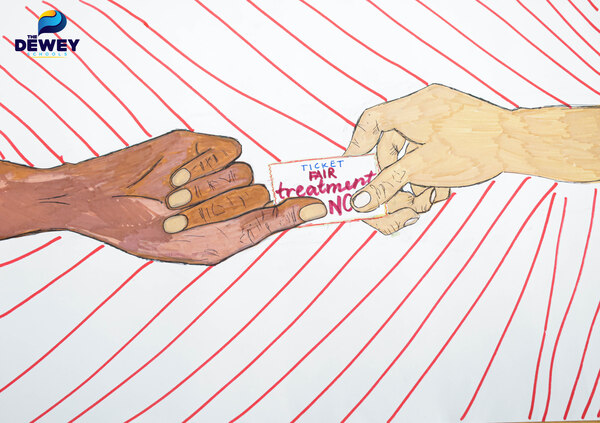
Through a Gallery Walk activity, students were encouraged to move around the classroom, actively participate in evaluating, exchanging, and contributing feedback on each group’s work. This is another strategy within Station Rotation, allowing students to share their work with peers and learn from one another. As they observe and discuss the ideas and products of other groups, students broaden their perspectives and develop critical thinking and creativity. This is particularly beneficial in differentiated instruction, where each student has unique strengths and learning styles.
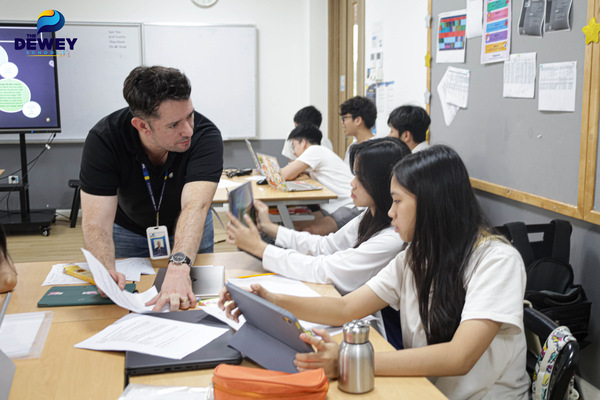
Luu Diep Anh (8Torun) shared: “Creating the poster not only satisfied my passion for art but also helped me learn how to filter information and apply design principles, from color coordination to using contrast to make an impact. This made the lesson more vivid and easier to remember.” Le Tran Khanh Lam (8Torun) added: “This learning method is much more engaging than memorization. It also helps me improve my research skills. Exchanging ideas and receiving feedback from group members enhances my critical thinking and teaches me how to support others.”
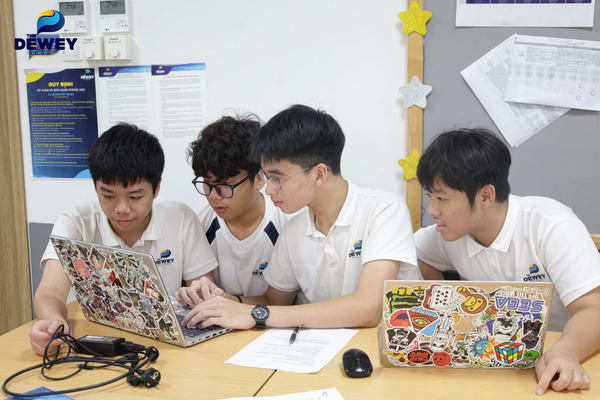
Differentiated instruction at Dewey is not limited to social sciences or arts but is also applied in natural sciences like Mathematics. Last week, students in 2Shanghai had fun learning addition and subtraction through vibrant and engaging games. Joe Finch, Primary Mathematics teacher, explained: “Instead of having students memorize calculations mechanically, I design games to create excitement. Young children enjoy playful activities, and this not only helps them retain lessons better but also makes learning enjoyable.”
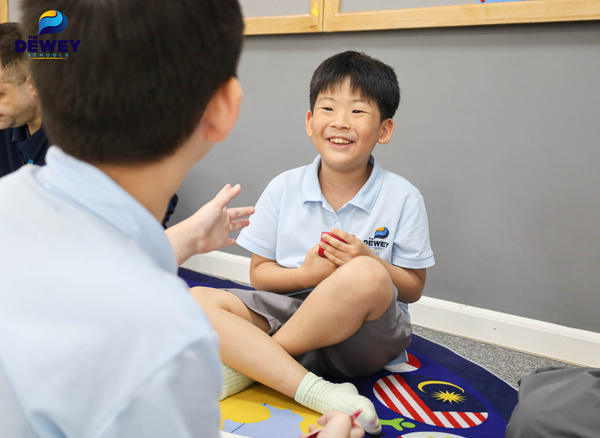
The Dewey Schools have embraced the philosophy of experiential education. This learner-centered model focuses on practical activities, creating opportunities for students to explore, practice, and reflect on their personal experiences. To bring this philosophy to life, differentiated instruction serves as an effective approach, ensuring that every student is optimally engaged in the learning process in a way that suits their abilities and needs.
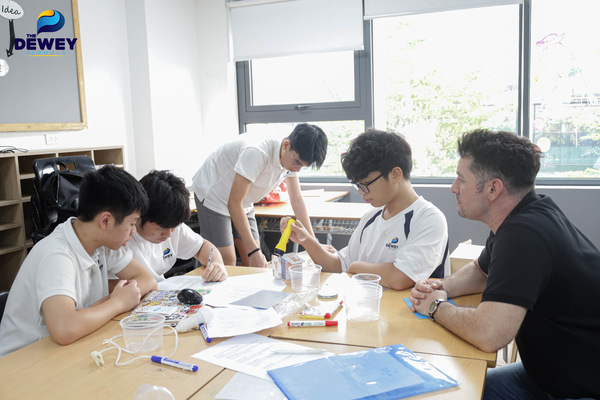
At Dewey, every lesson is an opportunity for students to express themselves. The diverse range of strategies in differentiated instruction not only helps students expand their knowledge but also enhances their soft skills, such as teamwork, critical thinking, and creativity. More than just a teaching method, differentiated instruction is a journey that unlocks each student’s potential, helping them grow holistically and confidently step into the future. Let’s continue exploring creative and engaging lessons at Dewey in the weeks to come!




